We may earn money or products from the companies mentioned in this post. This means if you click on the link and purchase the item, I will receive a small commission at no extra cost to you ... you're just helping re-supply our family's travel fund.

Remote work is reshaping borders in 2025 as countries blend easier short-stay entry for many passports with formal long-stay routes that let remote workers stay legally and comfortably. This gallery highlights fresh launches and clearly active schemes, then adds gentle pointers where short, visa-free visits might apply for tourism, while longer digital-nomad stays require proper status. The aim is simple planning, less friction, and more time living well.
Thailand
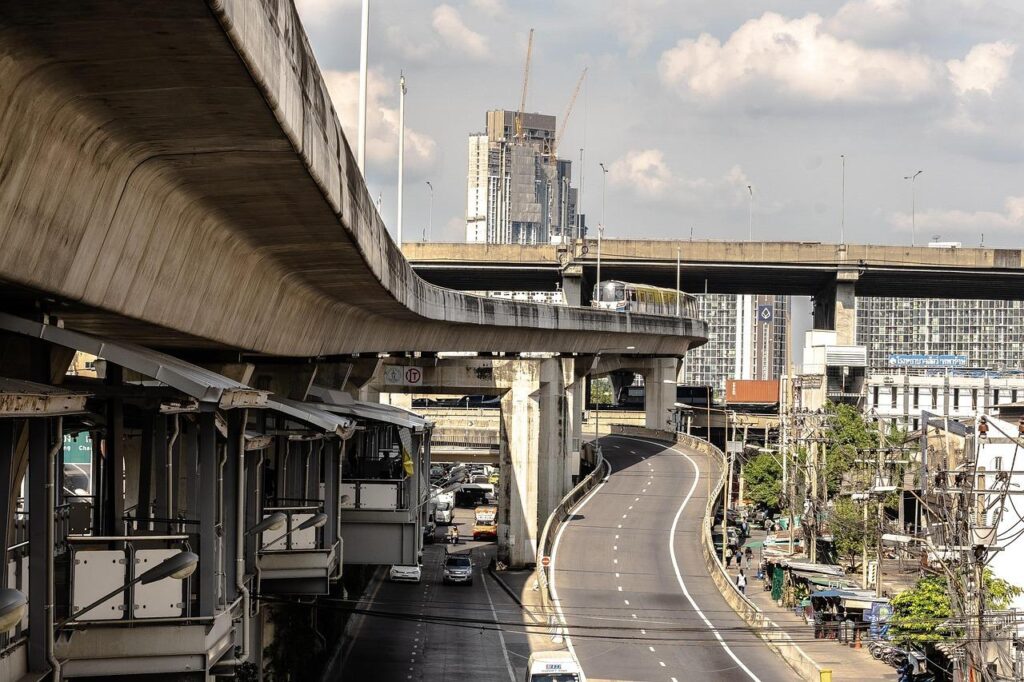
Thailand’s Destination Thailand Visa crystallizes a multi year, multi entry path that sits apart from short, visa free tourism stays. It has quickly become a 2025 north star for remote pros. Bangkok’s connectivity, Chiang Mai’s maker energy, and island coworking build a truly plug and play ecosystem. What’s changed this cycle is structure and confidence around longer legal stays, so day to day life, travel, and deep work can align without guesswork.
South Korea

South Korea’s workation route launched in 2024 and carries weight into 2025, typically allowing up to two years if income criteria are met. The draw is modern ease. Seoul’s 24×7 energy, Busan’s sea breeze, and hyper fast internet make focus feel natural. Short, visa free visits for some passports support quick scouting trips, but this pathway is about longer, lawful stays that let a serious project breathe without compromise.
Indonesia
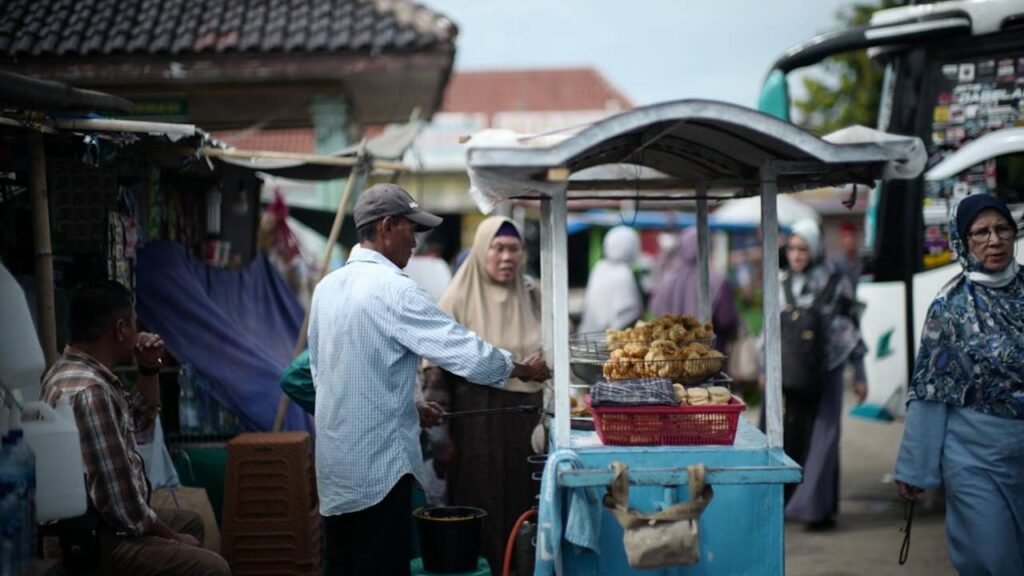
Indonesia’s Remote Worker Visa E33G formalizes what Bali pioneered, a stable way to live and work longer. In 2025, the spotlight is on that legal clarity and the mature ecosystem of clinics, gyms, and coworking villages. Short, visa free or visa on arrival options still exist for tourism, yet remote work needs the proper track. From Ubud’s rice terraces to Lombok’s surf and Jakarta’s tech pace, there is room for creative sprints and real life.
Japan

Japan’s six month digital nomad option, introduced in 2024 and carried into 2025 coverage, pairs bullet train precision with neighborhoods that reward deep work. It is morning trains, mid day ramen, and sunset resets that keep momentum steady. Many passports enjoy short, visa free tourism stays, but remote work uses a different lane that keeps longer projects tidy and compliant while life runs on time all around.
Taiwan

Taiwan’s Employment Gold Card remains a 2025 favorite for remote professionals, offering work rights with residency flexibility in a tech rooted society. Taipei’s night markets, coastlines, and mountain day hikes make balance feel easy, while fast fiber and hardware clusters boost output. Tourists from many places can visit briefly visa free, yet long remote stays lean on the Gold Card to keep things clean and comfortable.
Malaysia
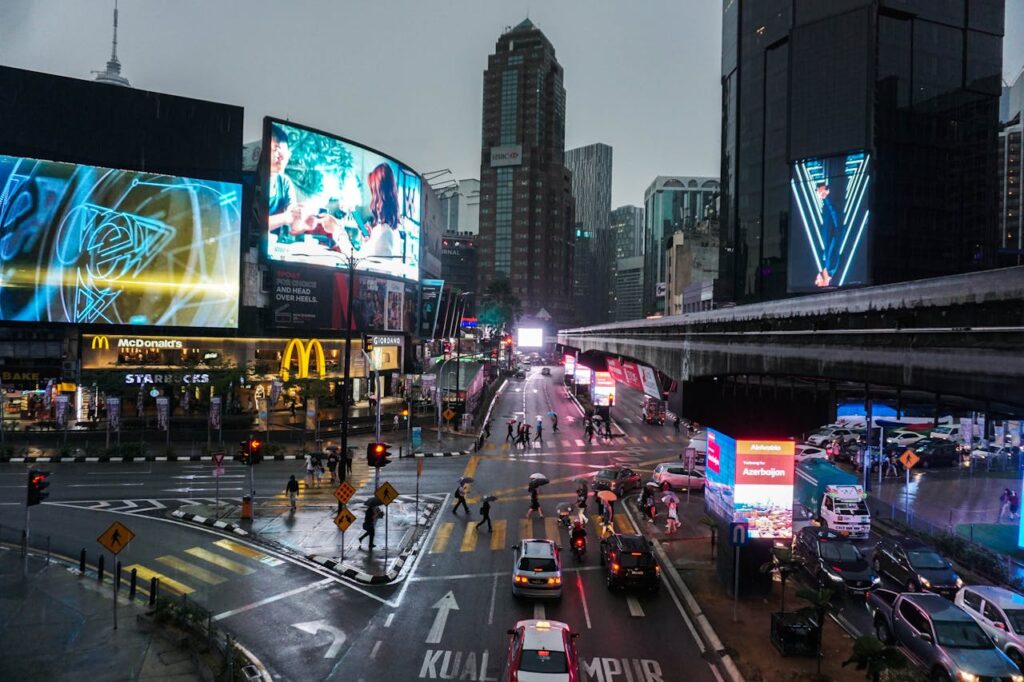
Malaysia’s DE Rantau Nomad Pass holds its 2025 momentum thanks to low friction, strong value, and welcoming multicultural cities. Kuala Lumpur’s sleek transit and Penang’s heritage meet innovation to create a soft landing for longer stays. Some visitors arrive on short, visa free terms for a taste, but extended remote work fits best under DE Rantau, which gives teams and solo builders predictability and room to grow.
Philippines
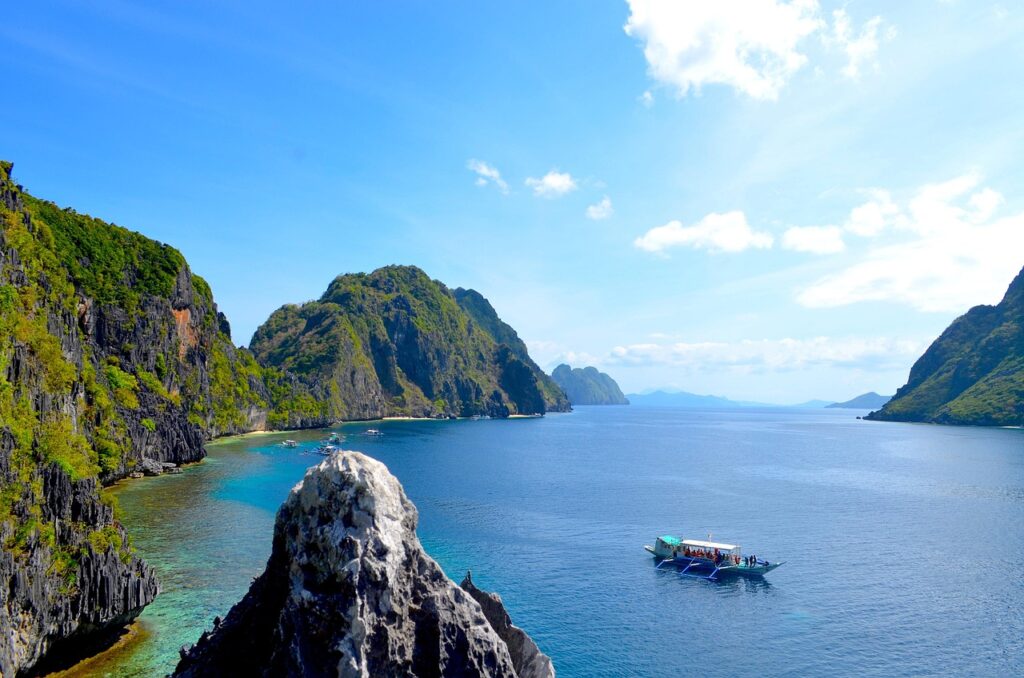
The Philippines established a Digital Nomad Visa in 2025, opening a new Pacific chapter for remote workers. Manila’s startup pulse, Cebu’s central hub, and Siargao’s surf meets Slack rhythm show range beyond the beaches. Many nationalities can visit briefly without a visa or via e visa for tourism, while the new route gives longer remote stays a clear legal shape that aligns island living with day to day professional needs.
Kazakhstan

Kazakhstan’s evolving Neo Nomad framework steps forward in 2025 and brings Central Asia into sharper focus. Almaty’s mountain framed skyline makes coffee to trail transitions a lunch break reality, while Astana’s futuristic shapes nod to modern work. Some passports enjoy short, visa free entries, yet longer remote stays follow new procedures that offer the structure builders need in a vast, surprising landscape.
Kyrgyzstan

Kyrgyzstan formalized Digital Nomad status and procedures in 2025, signaling intent that goes beyond trend headlines. Bishkek’s relaxed cadence, fair costs, and alpine lakes just outside the city create weekly reset rituals that keep focus fresh. Short visits can be simple for some travelers, but the real promise is longer, lawful stays that respect the workday and reward it with clean air and open horizons.
Italy
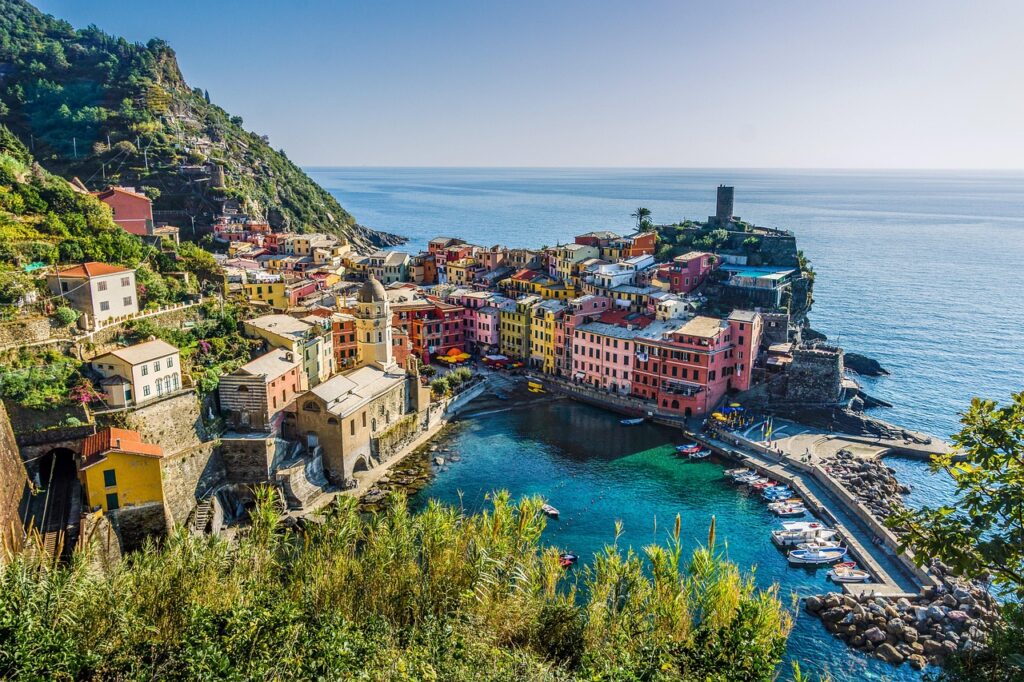
Italy’s Remote Worker or Digital Nomad visa launched in April 2024 and still feels new in 2025. Milan hums with business energy, Rome inspires narrative arcs, and southern coasts stretch budgets while keeping quality high. Many travelers can pop in briefly under Schengen rules for tourism, but sustained remote work belongs on the dedicated track that unlocks a slow, satisfying Italian rhythm.
Spain

Spain’s telework route remains a 2025 staple, with practical thresholds and a wide ecosystem to land in. Barcelona pulls creatives, Valencia glides by bike, and Andalusia offers reflective space for strategy and craft. Short, visa free tourism stays exist for many passports, but longer remote work calls for the formal path that allows life to unfold in chapters across cities, costas, and quiet towns.
Portugal
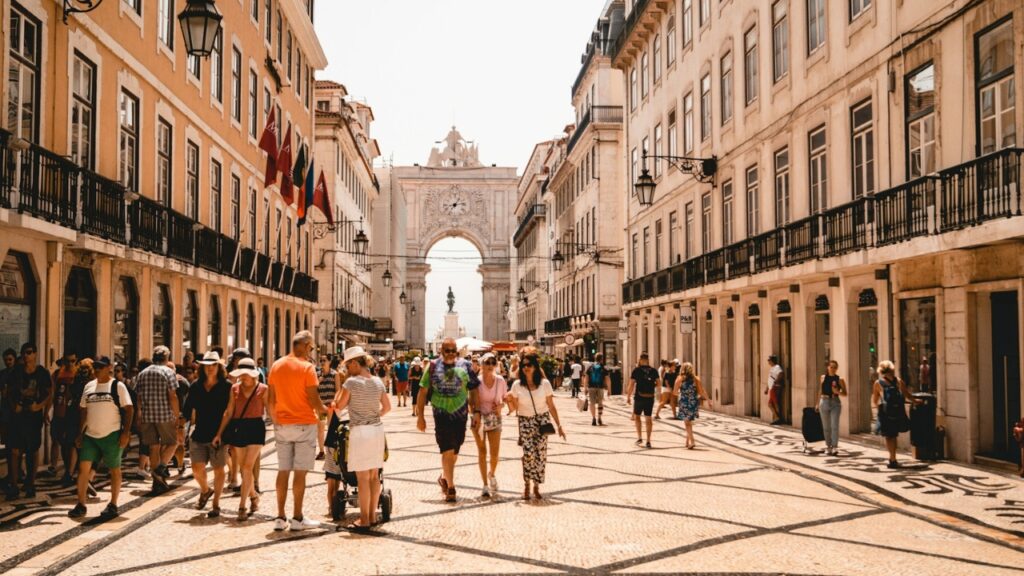
Portugal’s D8 pathways anchor 2025 planning with clarity, community, and realistic steps. Lisbon and Porto deliver ocean light, café culture, and Schengen reach that keeps travel nimble while projects stay on track. Visitors often sample the country briefly under tourism terms, then return on D8 for the long work. It is a gentle way to make months feel natural and multi year arcs possible.
Croatia

Croatia keeps its 2025 edge with tax relief during digital nomad stays and longer permit horizons. Split’s waterfront pace, Zadar’s famed sunsets, and Zagreb’s startup spine balance old world charm with modern needs. Many travelers enjoy short visits without a visa, yet the dedicated route is what turns the Adriatic dream into a durable base where seasons and sprints both have room.
UAE Dubai

Dubai’s one year remote work program stays central in 2025, mixing zero income tax for residents with a global flight grid, polished healthcare, and a skyline full of serious coworking. Short, visa free entry is available to many for quick trips, while the remote work route lets founders and teams truly plug in, manage time zones with ease, and reset between desert and sea.
Romania

Romania’s digital nomad visa remains relevant in 2025 for fast internet, fair costs, and a 12 month stay that can extend. Bucharest’s café grids and tech meetups drive momentum, while weekend escapes to Transylvania add mountain air and lore. Some visitors arrive on short tourism stays, then choose the formal path to work longer, legally, and comfortably in a quietly powerful setting.